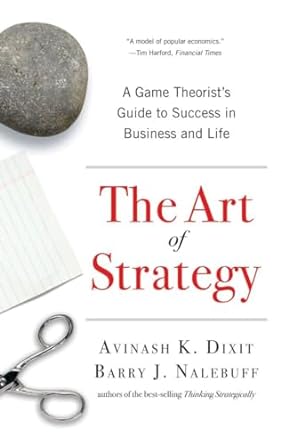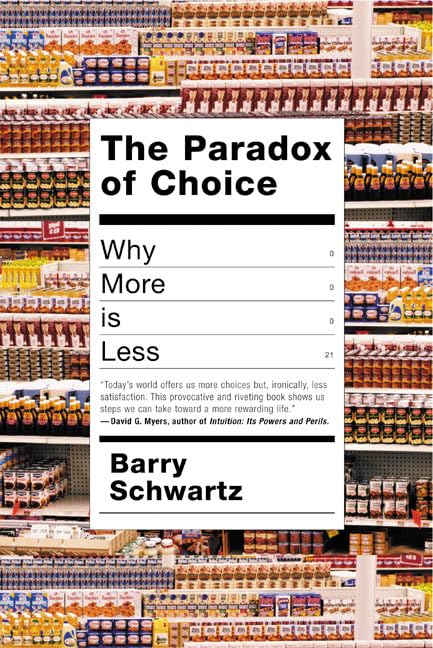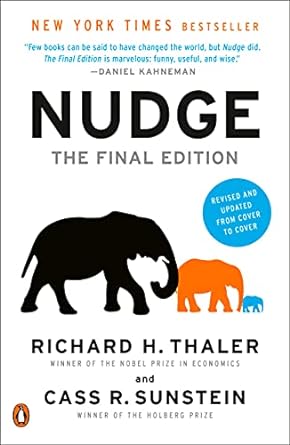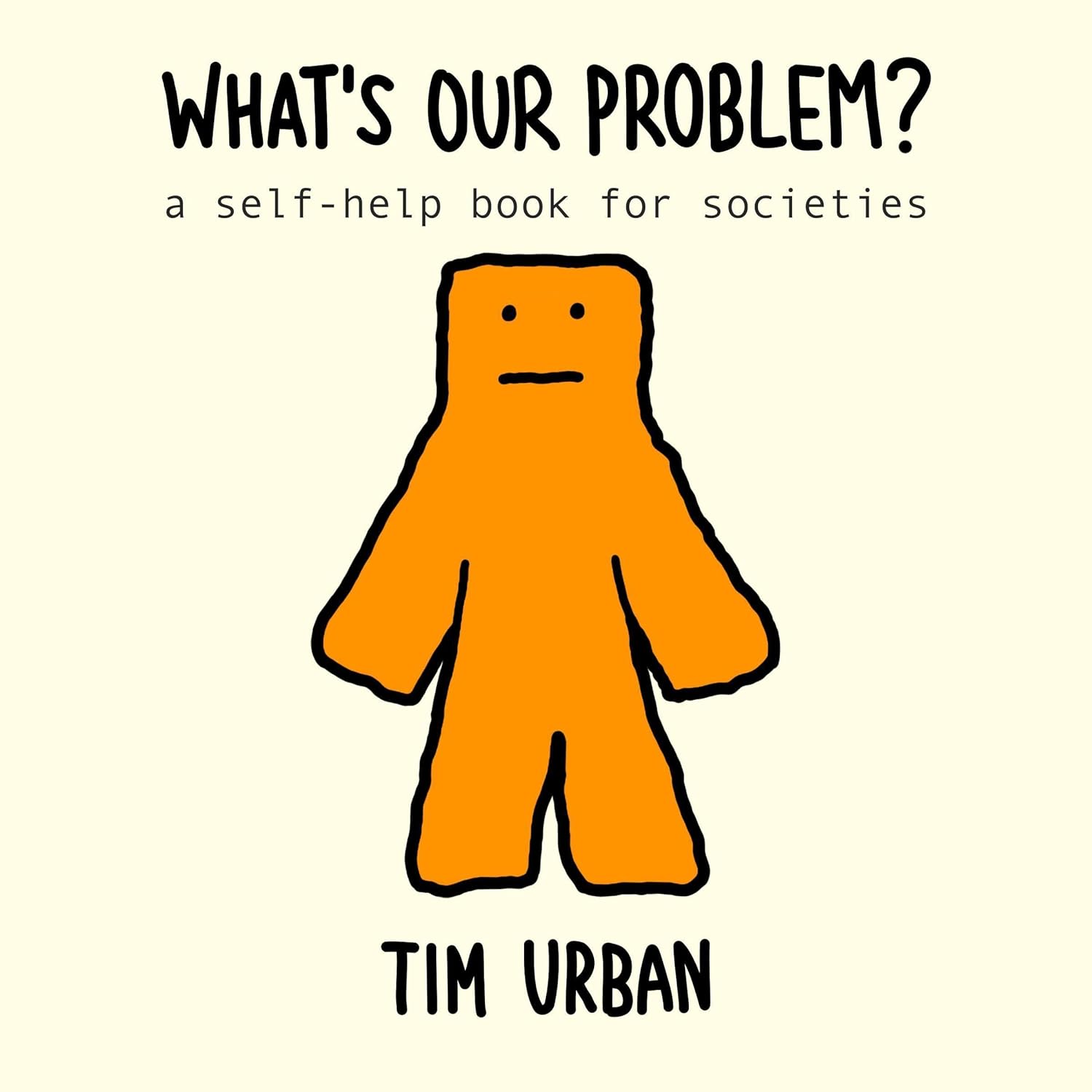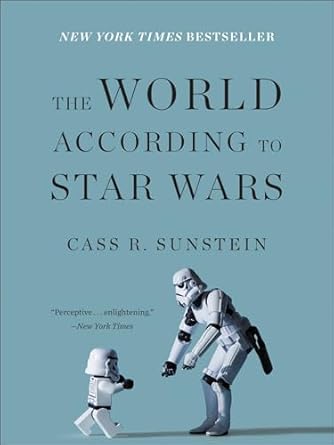Bandwagon Effect
The tendency to adopt behaviours or beliefs because many other people do the same.
Key Insights & Principles
Decision Making
Insights:- The decisions and actions of the majority might not be what is best for us.
- Commonly held beliefs are not always true.
- Moving from one equilibrium to another is achieved most effectively through getting a critical mass of people to switch.
- Take time to evaluate information and make decisions.
- Do not rely on the majority to make decisions for you.

